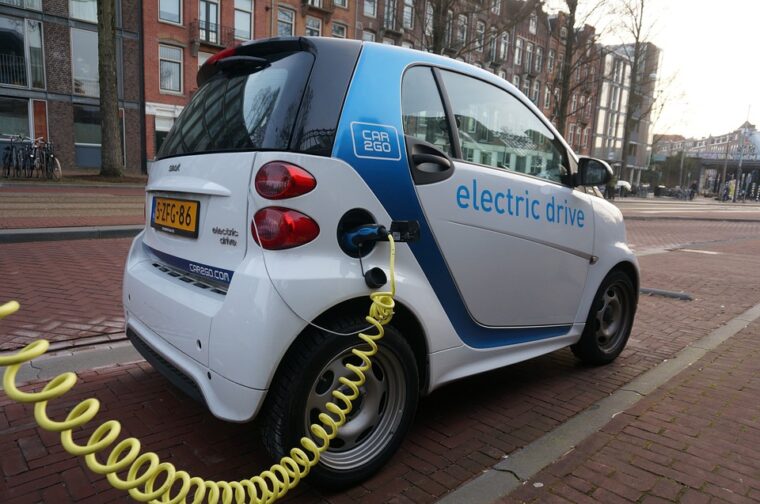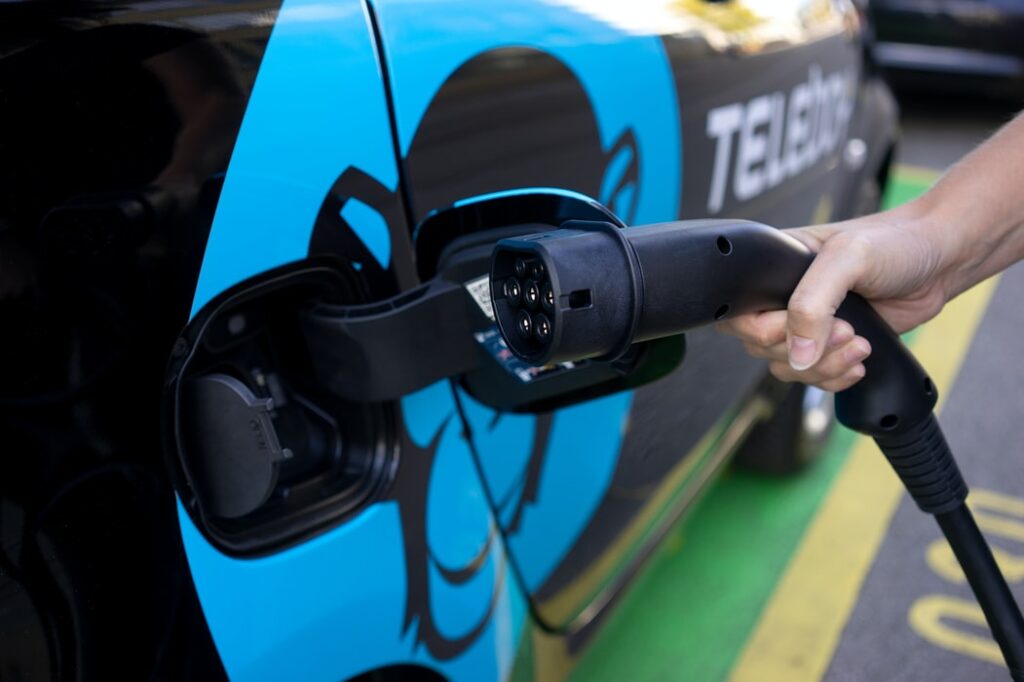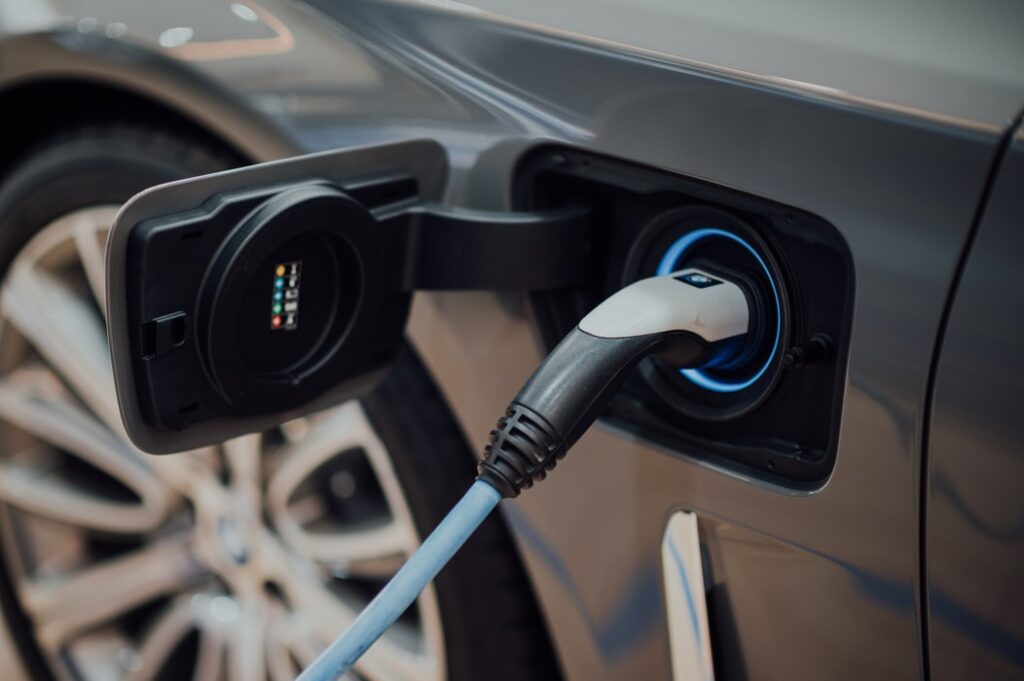Global warming is continuing to grow and threaten our planet. We all know that the Earth is in constant change because of what we are doing to it. The progress of humans and the continuous polluting of the earth has changed the planet’s temperature. This has caused rising sea levels because of the melting of the polar ice caps. This has caused numerous catastrophic events throughout the years.
Scientists have confirmed that the leading contributor to the continuous warming of the earth is Carbon Dioxide. This has all started and has long been increasing drastically since the 18th Century. We have discovered the power of coal and other fossil fuels during this time, and it has been known as the Industrial Evolution. This period has catapulted the charts to an upward trend regarding Carbon Dioxide in the atmosphere.
Based on the Intergovernmental Panel’s study on Climate change, in the year 2010, transport vehicles have contributed 14% of the total CO2 released into the Atmosphere. Because cars and other transport vehicles have been the leading contributors to the atmosphere’s pollution, innovators have been working for a solution to this problem.
This is the reason why electric vehicles and the plan for eco-friendly transport vehicles have been developed and are being continually studied. Since 2008, electric cars have seen an increase in number since their introduction to the vehicle market. They have been marketed as eco-friendly cars because of the less emission; some of them have even zero-emission of C02, which is why it is starting to gain popularity. But how exactly greener are electric cars? Are they environmentally friendly?
ELECTRIC VS. FOSSIL FUEL POWERED CARS

If we look at the science behind the two types of cars, the main difference between them is the energy transformation to make them move. In fuel or conventional ars, the fuel is the chemical form of the energy and is subjected to reactions inside the engine to produce kinetic energy and make the car go. Inside electric vehicles, the energy is stored in batteries unique to the vehicle type. The energy is released electrochemically, meaning it is without any kind of emission, meaning there is no fuel burned.
Does this mean they are really greener than their conventional counterpart? We cannot say that is one-hundred percent yes because of some factors. If you look beyond and factor in the energy sources on where electric cars get their power, we cannot say it is 100% eco-friendly. If the energy or electricity used to power electric cars comes from renewable sources like solar, wind turbines, and nuclear plants, we can say they are greener and yes.
If not, then they still are powered by coal-powered plants meaning they have contributed to the CO2 emissions because it comes from plants contributing to Carbon-Dioxide in the atmosphere. So is it really greener? Maybe inside your conventional car, there is even an Eco-mode, and you are also wondering whether it is an eco-friendly feature, you should do furthermore reading about them. More car tips, facts, and trivia on carcody.com can give you insights on cars and other car-related topics.
DOES ELECTRIC CAR MANUFACTURING HARM THE ENVIRONMENT?

Cars are manufactured using materials extracted from the earth. If we look and observe, almost all vehicles are made up of metal, plastic, and more. These materials are extracted, refined, transported to factories, and manufactured to become the very car we use daily. This alone is a fact. Cars, be it electric or conventional, are not exactly eco-friendly. Mining is a very polluting process that damages the surrounding wherever it is done.
A study made by the Union of Concerned Scientists states that electric vehicles generate more carbon emissions due to their large and complex batteries. This means that the larger the battery and the complex it is, the bigger its range is. A bigger range means high environmental costs. Batteries of electric vehicles are made from rare earth elements that are difficult to mine. We all know that mining is indeed a polluting process. These facts will make you think about the claim that electric vehicles are actually greener than their counterparts.
WHERE DO THEIR BATTERIES GO?

The batteries inside electric cars are not the same as their counterparts, contrary to what people believe. Manufacturers have added more technology into them and now, they’re capable of vehicle-to-load (V2L) charging that enables one to connect high-power electronics to them. Electric cars are powered by lithium-ion batteries, while lead-acid batteries are powered by the regular gasoline vehicle. Its more explained on this article.
In the actual case, according to recent research and tests, they are less likely to be involved in car and road accidents due to the design of electric vehicles.
Some people are actually starting to find more use and are even recycling more electric car batteries. They can be used to store renewable energy that you can get from your own solar panels at home, from windmills, water turbines, and more
Although the percentage of the recycling of these batteries is still low due to the components inside the battery, scientists are continuing to find ways in order to make use of them to lessen garbage pollution. It will not be far from reality that in the near future, electric cars will be fully sustainable and 100% eco-friendly.
TO CONCLUDE, ARE ELECTRIC CARS REALLY GREENER AND ENVIRONMENT-FRIENDLY?

In the present, we can safely say that it is both yes and no. Why?
Because it is not fully renewable yet and the making of electric cars is still not sustainable as it should be if we will consider them as really eco-friendly. It is a yes if we talk about the usage of these cars. Because of the current technology, some electric vehicles are really zero-emission. This is a big leap and a big development of eco-friendly transportation.
Elon Musk, the CEO of Tesla, is working on developing electric cars to be entirely eco-friendly. Other electric vehicle companies are following the development and even introducing new technology that improves their sustainability.
So if you are planning to buy an electric car, is it really greener or eco-friendly? The answer will vary through time, but we are sure that this has the potential to be sustainable in the near future as the technology for greener energy progresses.
